This post may contain affiliate links. Please read my disclosure.
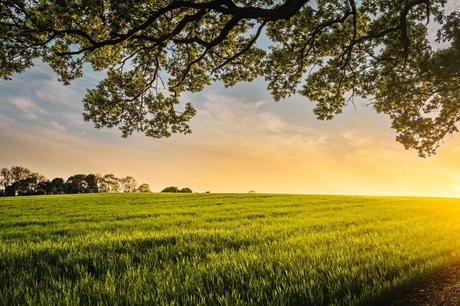
As many of you know, I'm passionate about organic, healthy, whole foods and avoiding all of the processed stuff on most grocery store shelves. But recently, I've been learning more and more about biodynamic farming which has been prevalent in Europe but is now slowly making its way to the US! When I first started reading about it, I had so many questions. So I thought I'd create this post to help break down what biodynamic farming is, and why it's important!
So what is biodynamic farming?
Biodynamic farming is regenerative farming and consists of 10 principles. They are:
- Regular Crop Rotation: Biodynamic farms are polycultures - using multiple species of plants. Annual crop rotation reduces disease, helps maintain soil fertility and reduces erosion.
- Herbal Sprays: No chemical fertilizers which ensures a pesticide and chemical free product, but also supports biodiversity out on the farm.
- No GMOs or growth promoters/hormones: Instead, Biodynamics works with nature, not against it.
- Natural Compost Only: No chemical fertilizers. Instead, natural compost is made on the farm and applied to enhance the soil life.
- Surrounding Ecosystem: The surrounding wetlands, grasslands and forest are all considered an integral part of a Biodynamic farm. This brings awareness to the impact the farm has on the ecosystem around it.
- 10% Biodiversity: 10% of the land on Biodynamic farms is reserved for biodiversity to help nurture the health of the surrounding ecosystems.
- No pesticides: Encourages natural prey-predator biodiversity on the farm.
- Low Till: Minimizing the tilling that goes on during farming increases the biodiversity in the soil and also helps to reduce carbon emissions.
- Cover cropping: Cover crops like rye and vetch are used to add nutrients to the soil, create more biodiversity, eliminate fertilizer use, & reduce soil erosion.
- Help reverse climate change: Plants draw in carbon dioxide from the atmosphere sequestering it into the soil. This improves the soil quality and creates a healthier planet that our kids will inherit.
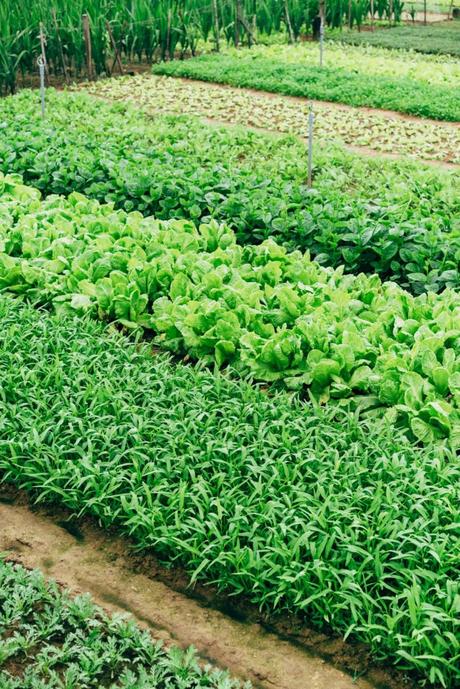
Biodynamic vs. Organic: What is the Difference?
Biodynamic farming is often referred to as organic plus, because it takes organic practices and goes a step further. Here are some more details:
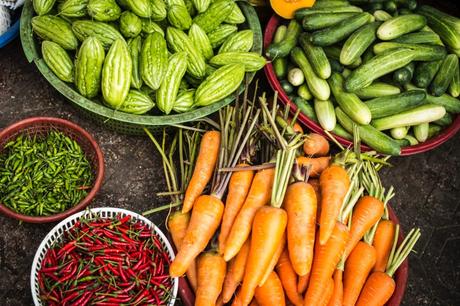
The international biodynamic certifying group, Demeter, was established in Europe in 1928, and in the United States in 1985, while the National Organic Program (NOP) was established in the United States in 2002. NOP is crop-focused and allows for a designated section of a farm to be certified. Biodynamic® certification, on the other hand, is farm-focused. It requires that the entire farm be certified using NOP standards as a baseline, and then takes that a step further by requiring additional standards be met before certification is awarded. Biodynamic farms are built to integrate every living organism within the system, including all plants, livestock and farmers, creating a closed-loop system of farming. It aspires to transform and maximize the health and vitality of the farm's every aspect, and to improve the way we farm through an ongoing relationship with Nature. (source: White Leaf Provisions)
What are some of the best biodynamic products in the US?
- WLP - Carrot, Sweet Potato, Pea, 3g Sugar
- WLP - Apple, Sweet Potato, Beet, 8g Sugar
- WLP - Mango, Carrot, Banana, Pear, 8g Sugar
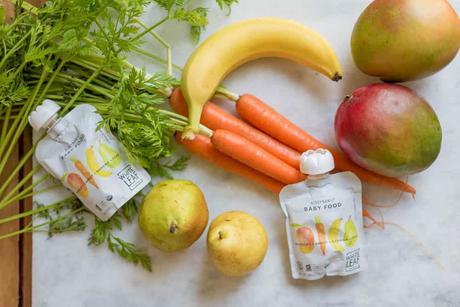
To be honest, I have struggled to find pre-made biodynamic products in the US. There are plenty of organic products, but biodynamic is still rare! But if you are a parent and have little ones, I'd highly recommend White Leaf Provision's fruit and veggie purees. Three of their pouches have less than 8g sugar and are a great way to sneak extra nutrients into your kids' diets! Both of my kids absolutely devour them every time. The pouches I love are:
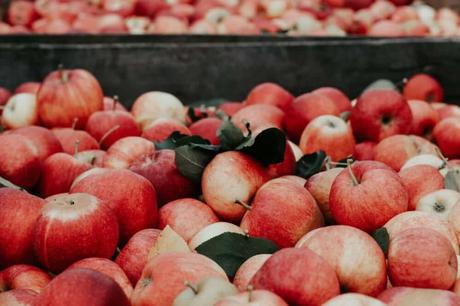
In general, I love the motto of biodynamic farming, which is all about producing healthy, pure food that is farmed in a way that helps to heal the Earth and sustain it for the long run. It's a practice that makes me feel like I'm supporting a movement every time I purchase a bio-dynamically farmed food!

